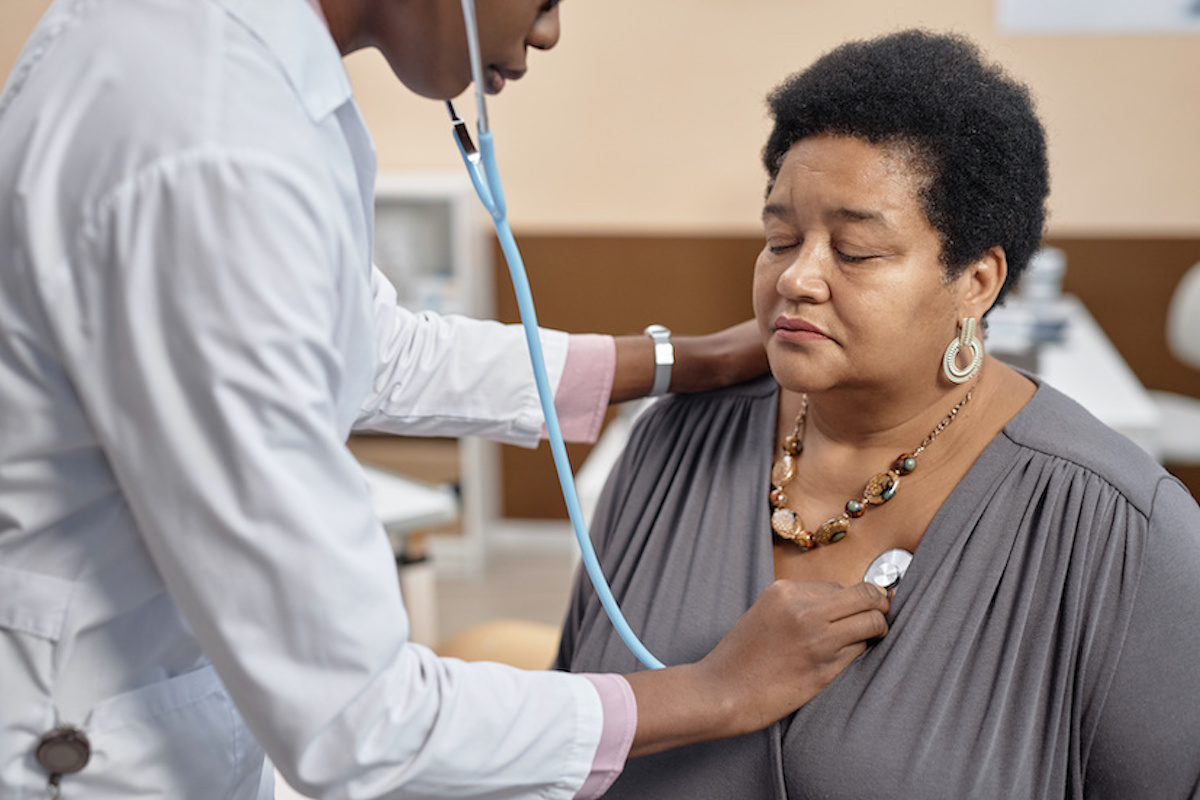more common in females?
Experts do not fully understand what causes IBS, so they do not yet know why it is more common in females. That said, there are several theories.
Sex differences in IBS may occur due to a combination of factors, such as:
Biological differences: A 2021 review suggests that female sex hormones, such as estrogen and progesterone, may influence bowel function, pain perception, and gut flora. However, researchers are still learning about this.
Adverse childhood experiences (ACEs): People with IBS often have a history of traumatic experiences early in life. Females who experience ACEs are more likely than males to develop mental health conditions later in life, which may contribute to IBS.
Health inequity: Females have higher rates of many chronic conditions than males. This may be partly due to sexism, which can lead to discrimination, abuse, poverty, and inadequate healthcare. These, in turn, may contribute to physical and mental illness. For example, a 2017 study found that females who experienced sexual assault in the military often went on to develop conditions that cause chronic pain, including IBS.
Conditions with similar symptoms
Several other conditions can cause similar symptoms to IBS in females, including:
PMS: People who only experience changes in bowel movements around their period may be experiencing PMS. This can also cause mood swings, breast tenderness, cramping, bloating, gassiness, and tiredness.
Fibroids: Fibroids are growths in the wall of the uterus. The symptoms can include bloating or pressure in the belly, constipation, pain, heavy or painful periods, and tiredness due to anemia.
Endometriosis: This condition can cause pelvic pain, back pain, constipation, diarrhea, nausea, painful periods, and pain during or after sex.
Pelvic floor disorders (PFDs): These conditions affect the muscles of the pelvis that hold organs in place. A person with a PFD may experience constipation, difficulty controlling gas or bowel movements, and a sensation of fullness, aching, or pulling in the vagina.
IBS symptoms are often similar among all sexes. However, females may be more likely than males to experience constipation rather than diarrhea. They also report higher levels of anxiety and depression and lower quality of life than males with the condition.
Biological and social factors that affect females may also influence their experiences of IBS. For example, hormonal changes may cause IBS symptoms to worsen at certain times, and social attitudes may affect how people feel about their symptoms.
Researchers are still learning about symptom differences and why IBS is more common in females. By understanding how sex and gender affect IBS, health professionals may develop a better understanding of how to prevent and treat the condition.
Source: summarized from an article https://www.medicalnewstoday.com/articles/ibs-symptoms-in-females












